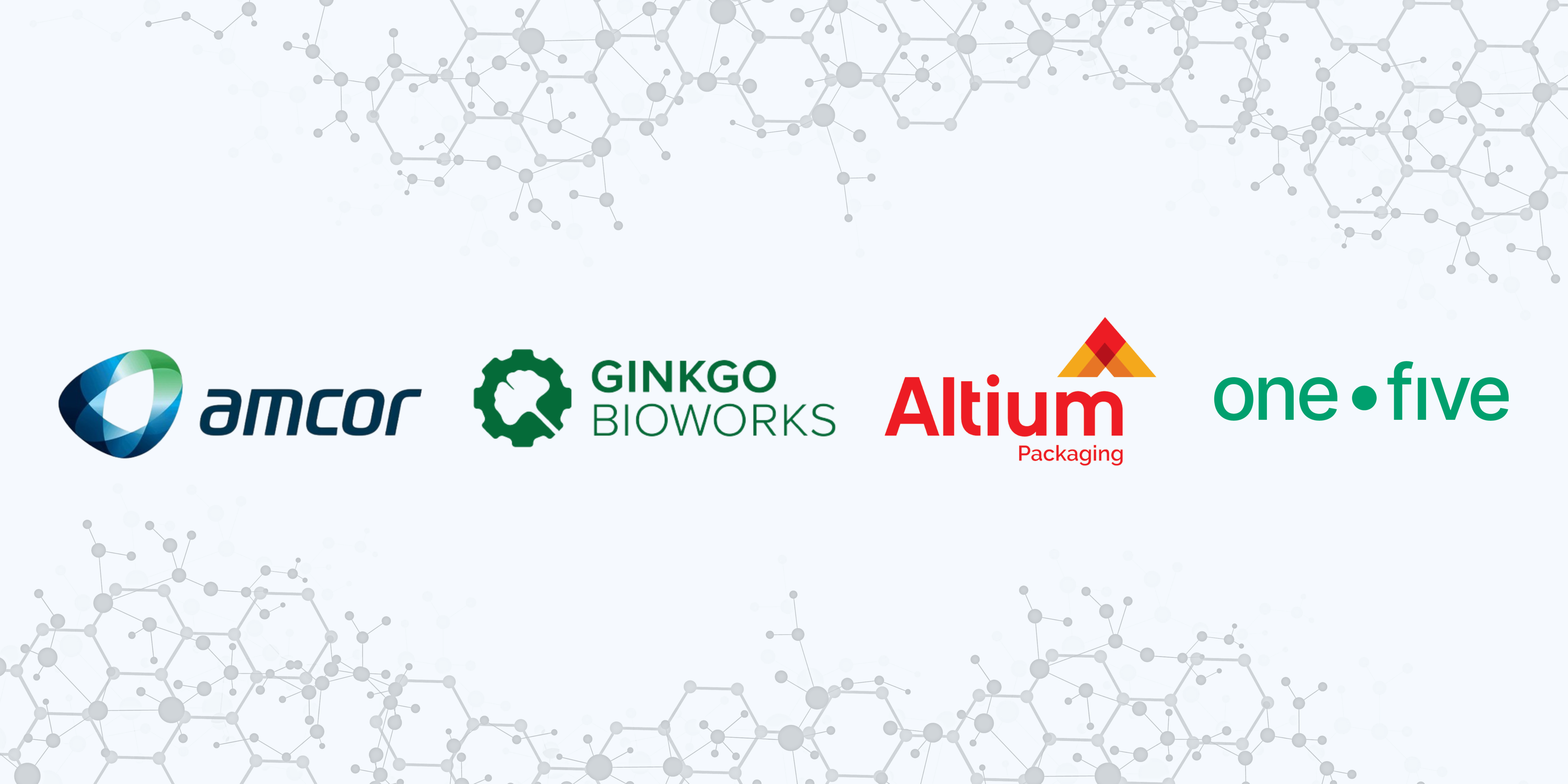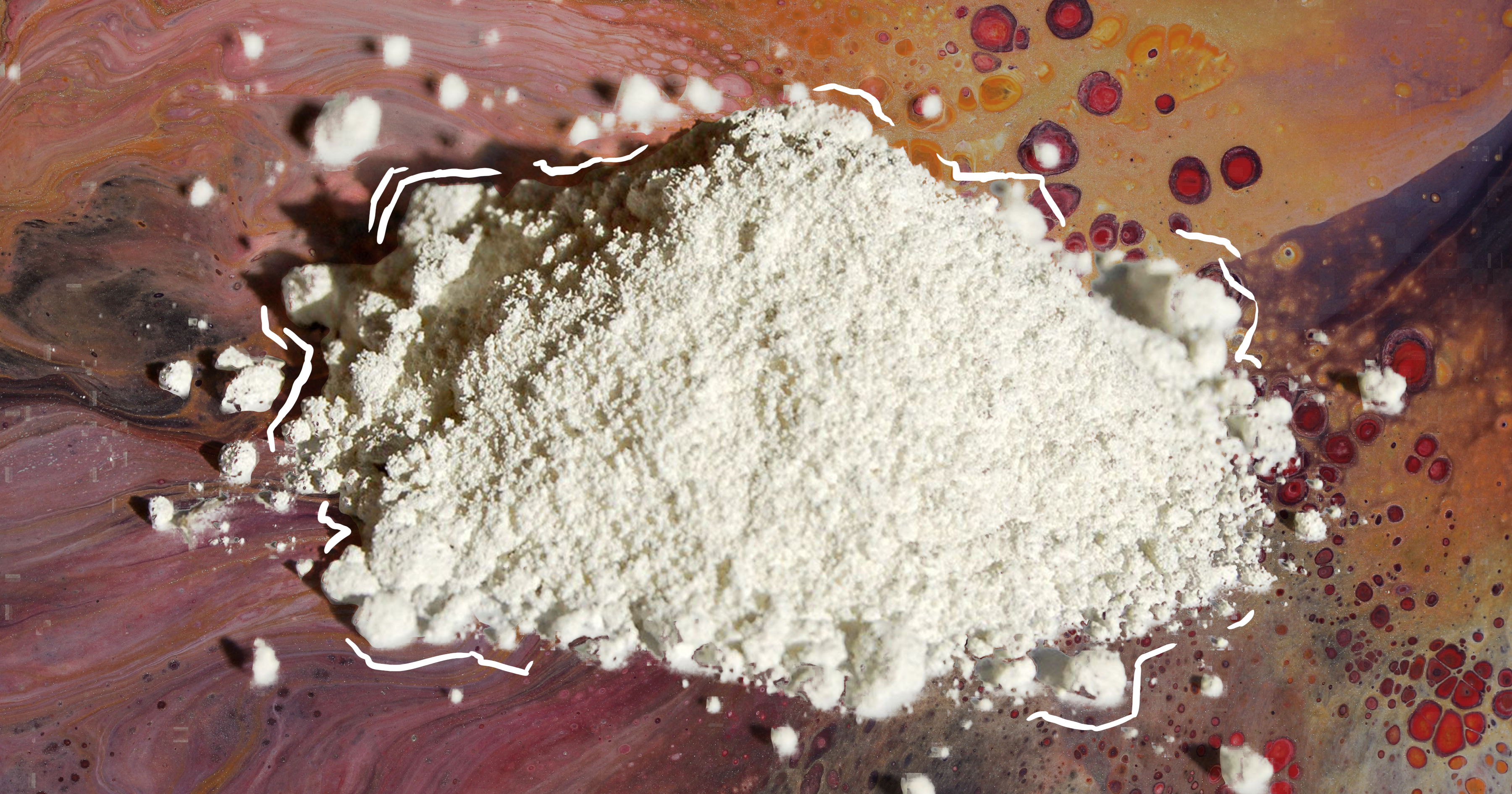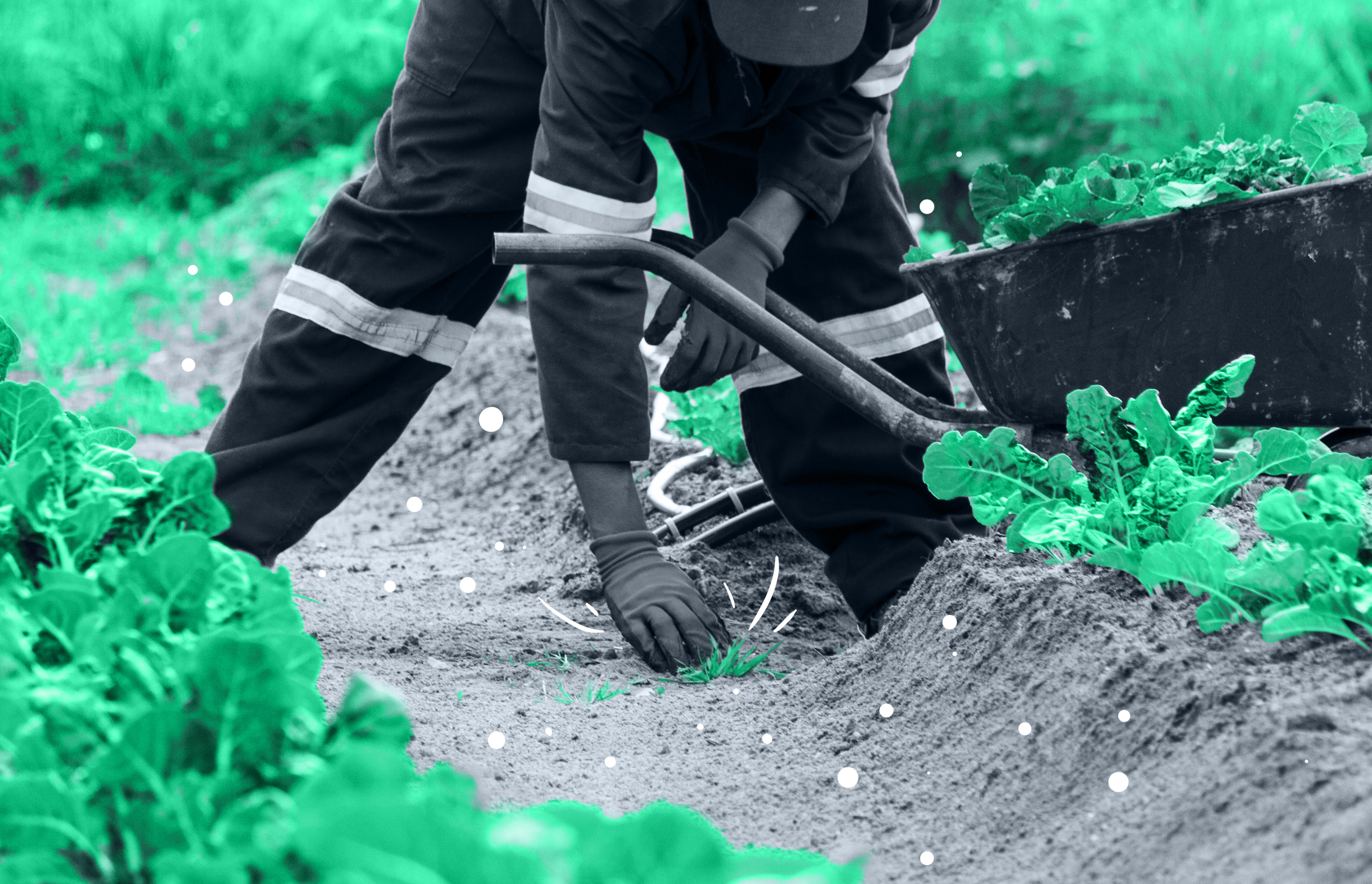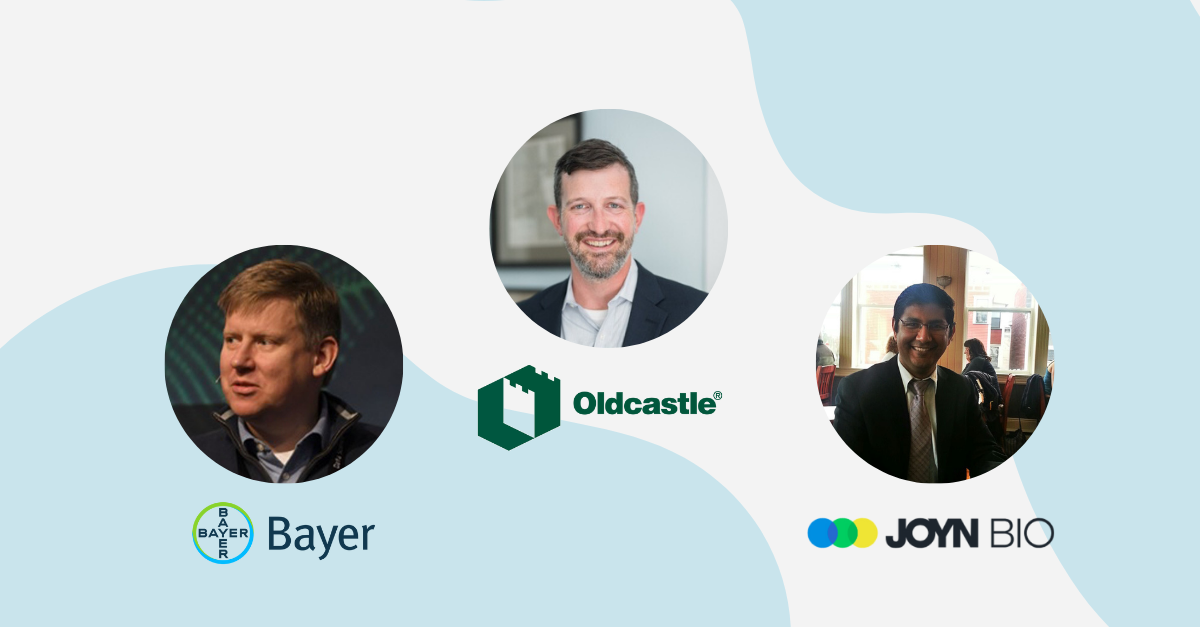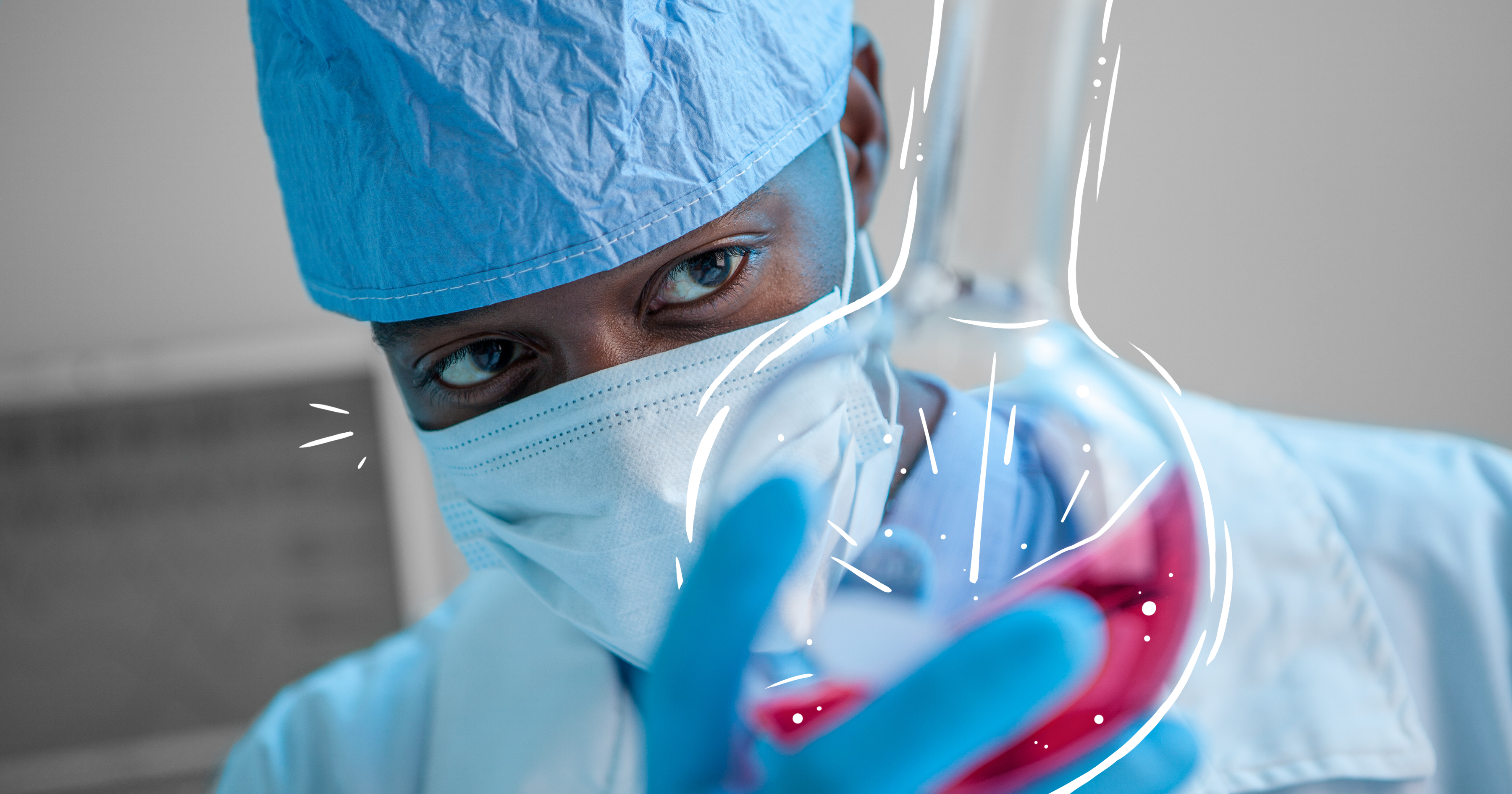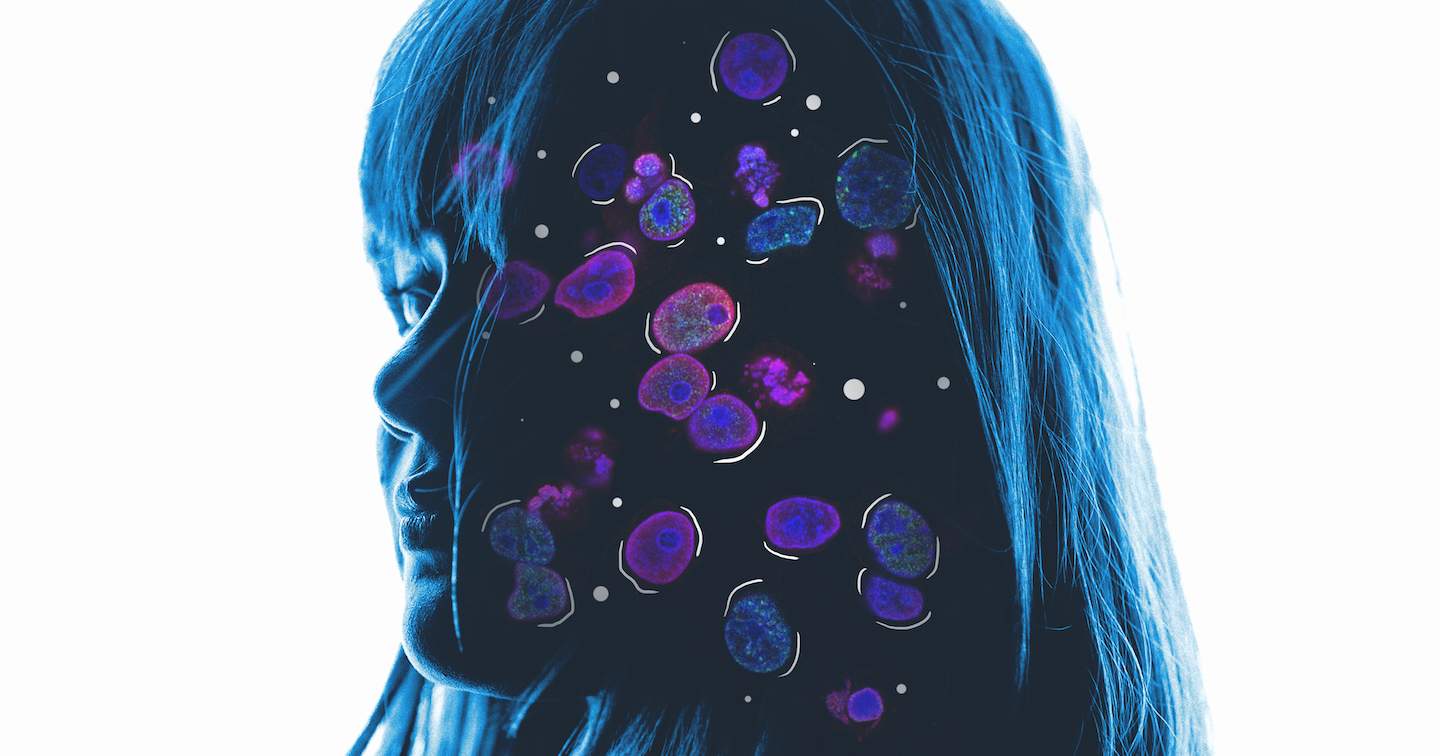Access to cutting-edge university research drives innovation and accelerates the development of new products and technologies. However, a crucial aspect of industry-academia partnerships is often overlooked - indirect costs.
The JP Morgan Healthcare Conference is known for its after-parties and networking events. Here’s a list of the ones you simply cannot miss in 2023.
Leading packaging providers, an innovative American biotech company, and a biomaterials research company join Halo to bring new innovations to the world and move science forward. We are delighted to welcome four new customers to Halo’s platform:...
Like most startups, Halo looks much different today than it did when we started, but the problem we’re solving hasn’t changed — there are thousands of scientific discoveries that never materialize into real-world solutions. At first, we tried to...
The recent class action lawsuit against Mars Inc. for their use of titanium dioxide in Skittles has many people wondering why the chemical is used as a food additive in the first place, if it is safe to consume, and what the alternatives are if...
Researchers have taken to Twitter in an attempt to make science more accessible to the public. Read our 5 tips for tech scouting on Twitter.
Valent U.S.A. and Valent Biosciences are subsidiaries of Japan’s $30 billion Sumitomo Chemical Company. Last year, the companies partnered with Halo to seek solutions in carbon sequestration, plant growth regulators, and mycorrhizal fungi...
80% of companies that invest in R&D partner with external innovators. Executives at companies like Bayer describe R&D partnering with Halo.
We read the BIO agenda so you don't have to. Here are five sessions not to miss if you are focused on R&D partnerships with academia.
ARPA-H promises “breakthroughs in biomedicine.” Here’s what you can expect from this DARPA-inspired agency for U.S. biomedical and health sciences.




